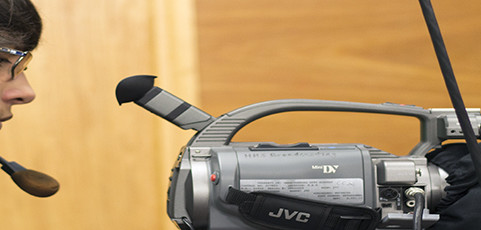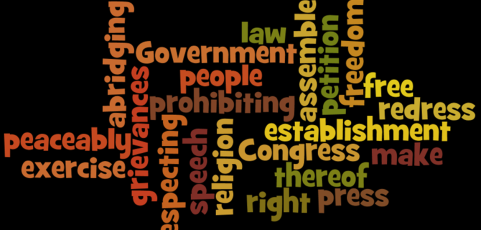Definitions: prior review, prior restraint, public forums
Prior review is the practice of school administrators – or anyone in a position of authority outside the editorial staff – demanding that they be allowed to read (or preview) copy prior to publication and/or distribution.
Prior restraint occurs when administrators – often after they have read material (prior review) – actually do something to inhibit, ban or restrain its publication.
Public forums by policy: An official school policy exists that designates student editors, within clearly defined limitations (no libel, obscenity, etc.), as the ultimate authority for determining content. (A publication’s own editorial policy does not count as an official school policy unless some school official has formally endorsed it.) School administrators actually practice this policy by exercising a hands-off role and empowering student editors to lead. Advisers teach and offer students advice, but they neither control nor make final decisions regarding content.
Public forums by practice: A school policy may or may not exist regarding student media, but administrators take a hands-off approach and empower students to control content decisions. For some period of time, there has been no act of censorship by administrators and there is no required prior approval of content by administrators. Advisers teach and offer students advice, but they neither control nor make final decisions regarding content.









